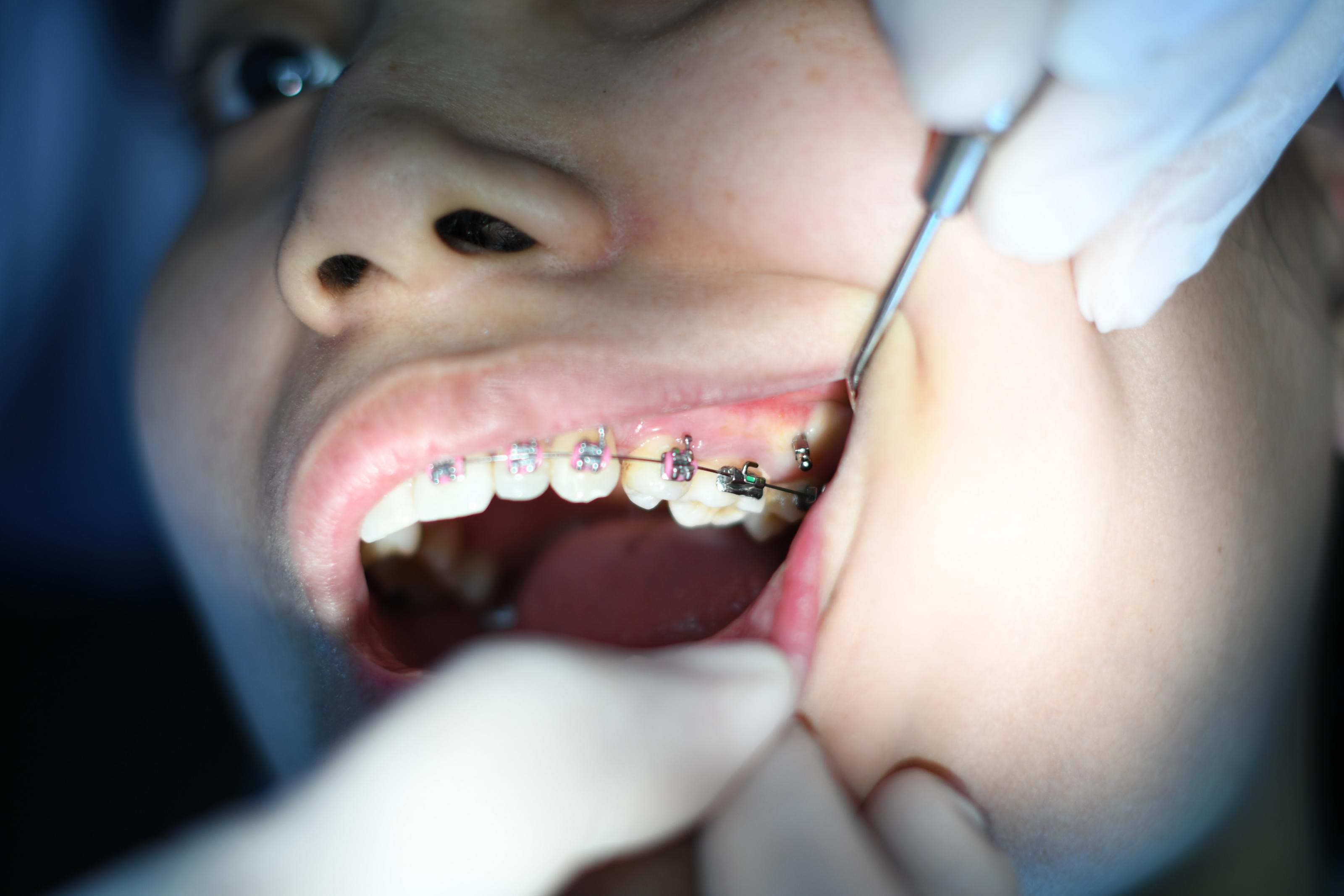
Why do teeth rot away? While sugar and starch play a part in dental decay, sugar itself is not the primary cause. Instead, microorganisms that live on our teeth, gums, and tongue are mostly to blame.
They have the potential to be constructive or harmful. For example, Streptococcus mutans and Lactobacillus are two types of bacteria that can lead to tooth decay.
The microorganisms in our mouths put up a fight when we swallow anything poisonous. Bacteria use carbohydrates like sugar and starch as fuel to produce acids that can erode tooth enamel.
Since the acid creates tiny holes in the enamel of your teeth, you will have a heightened sensitivity to both hot and cold foods and drinks. This could cause small pinholes to enlarge into larger cavities or cause transmission.
You may find out more about the services offered by a Queen Creek family dentist at this site.
Dealing With Dentist Decay At The Queen Creek Dental Office
You find decay in your tooth and a sticky, unpleasant film of bacteria known as dental plaque. This is because minerals like calcium and phosphate, essential for human health, have been introduced to human saliva by helpful microbes.
Fluoride from toothpaste, water, and other sources can be used to mineralize enamel damage, but saliva is also helpful.
It's a never-ending cycle of mineral removal and reincorporation into the enamel. However, saliva's curative powers could be depleted after repeated acid attacks.
Sugar and starch are two of our favorite weapons against the good guy, saliva. Acid damage cycles slow enamel's ability to repair themselves, leading to mineral loss.
Your Friendly Neighborhood Dentist in Queen Creek, Arizona, Takes on Tartar
Plaque forms on teeth due to sugar, which is found in all types of meals. Because of the plaque, acid can easily make touch your teeth. Tooth decay is another consequence of food particles lingering in the mouth after a meal or a glass of water.
For our oral health, sugar is the worst offender. Natural sugars, vitamins, and minerals exist in even the healthiest foods, such as milk, bread, fruits, and vegetables.
When consumed moderately, your body swiftly breaks down natural sugars and other food particles stuck to your teeth.
Queen Creek Dentist Offers Advice On How To Prevent Cavities In Your Family
One of the first things you can do to improve your dental health is to determine how likely you are to develop cavities. The only way to know for sure is to get a complete dental checkup.
Regular checkups and discussions with our dentists and dietitians will keep you up-to-date on any changes in your dental health or diet that may be warranted.
Understanding your risk level will help us tailor a plan to improve your dental health. How often you should see the dentist depends, in part, on how likely you are to develop cavities. With reduced danger comes a decrease in the need for dental checkups.
What to Expect From Your Queen Creek Family Dentist
At Martin Dental, we advise patients to visit every six months for checkups. One of the best ways to maintain your teeth healthy and your smile bright and beautiful is to care for them regularly.
Suppose you're concerned about developing cavities, gum disease, or other dental health issues in the future. In that case, our preventative dental care services will help identify and treat these issues at their earliest stages of development.
If you want to find out more, Contact Martin Dental for expert dental care. Alternatively, you can fill in the quick form for a fast response from the team.
Please read what others have to say about our services, or check out our patient videos and our patient photo gallery.
